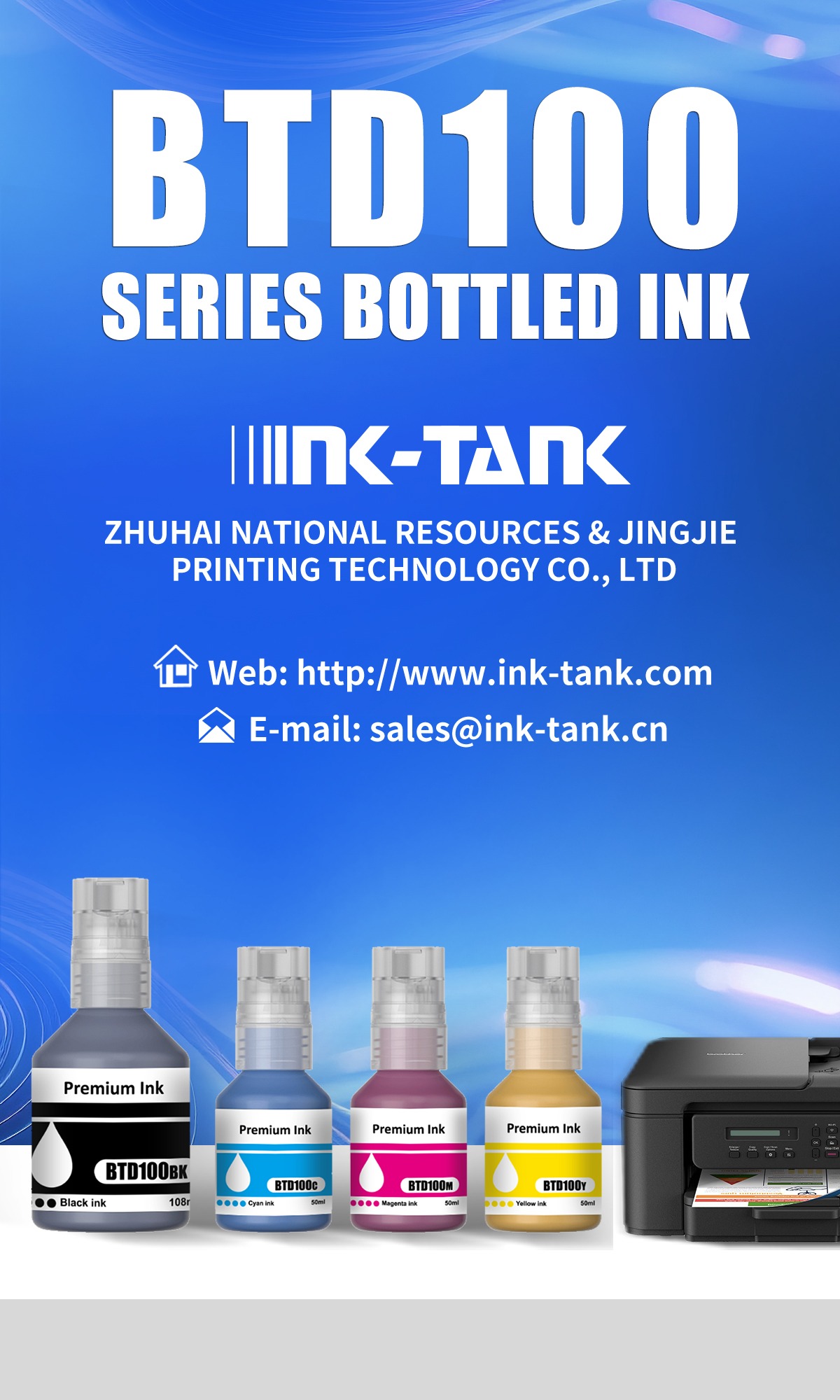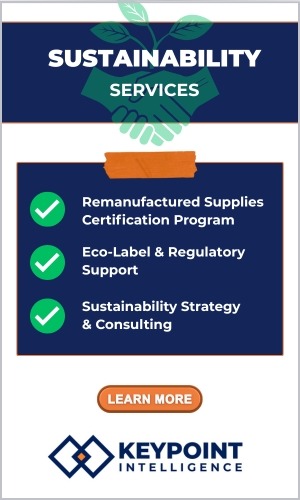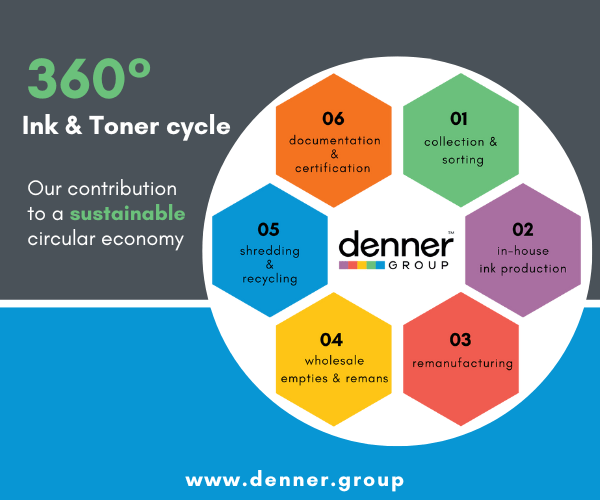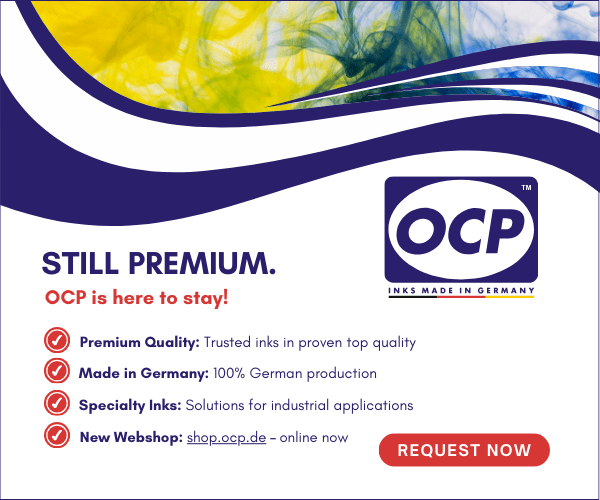Simplification measures to save EU businesses €400 million ($452 million) annually.
The European Commission has announced its fourth Simplification Omnibus package, a suite of proposals designed to reduce administrative costs for businesses across the EU by €400 million ($452 million) annually. A central reform introduces the “small-mid cap” category—firms with under 750 employees and either turnover below €150 million ($169 million) or assets under €129 million ($146 million).
This effort is part of a wider Commission drive to cut red tape—aiming for a 25% reduction in business burdens and 35% for SMEs by 2029. The simplification strategy underscores the bloc’s Single Market policy to support competitiveness, ease cross-border trade, and align regulations with digital transformation goals. As part of its “Think Small First” principle, the EU is working to prevent regulatory cliff edges that discourage growth once SMEs scale.
Key measures include:
Creation of the small-mid cap category
Companies with fewer than 750 employees, and either under €150 million in turnover or €129 million in assets, will be classified as small-mid caps. This new tier prevents these growing businesses from facing the full regulatory load imposed on large enterprises, offering continued access to SME benefits and simplified obligations—encouraging growth without triggering disproportionate compliance costs. It addresses the so-called “threshold trap” where firms delay scaling to avoid new regulatory burdens.
Exemption from F-gas registration
In 2026, around 10,000 companies will be exempt from registering fluorinated greenhouse gases (F-gases). These substances are regulated due to their global warming potential, but the administrative requirements have been burdensome for smaller firms. The exemption reflects a more risk-based approach to compliance.
Simplified GDPR record-keeping
SMEs and small-mid caps will benefit from reduced obligations under the General Data Protection Regulation (GDPR). The proposal streamlines documentation requirements, especially for firms that do not engage in high-risk data processing. This targets cost-heavy compliance elements while maintaining core privacy protections.
Removal of paper-based documentation requirements
The proposal eliminates mandatory paper declarations of conformity, instructions for use, and similar documents. These will now be made available digitally, aligning with the EU’s digital transition agenda and reducing printing, storage, and shipping costs.
Simplified proof of EU compliance for products
Where harmonised EU standards are not available, the process for demonstrating compliance will be simplified. This is especially relevant for innovative products and sectors that lack established EU-wide technical norms. The move aims to ease market access for newer entrants and boost innovation.
Phased-In due diligence for the battery sector
New corporate sustainability due diligence rules—particularly affecting the battery value chain—will be introduced with phased implementation. This gives companies more time to adapt to ESG (Environmental, Social, Governance) obligations and aligns with broader EU green policy aims.
The Commission’s target is to reduce administrative burdens by 25% across all businesses and 35% for SMEs by 2029. The next Simplification Omnibus package—focused on defence and security sectors—is due in June 2025.




















